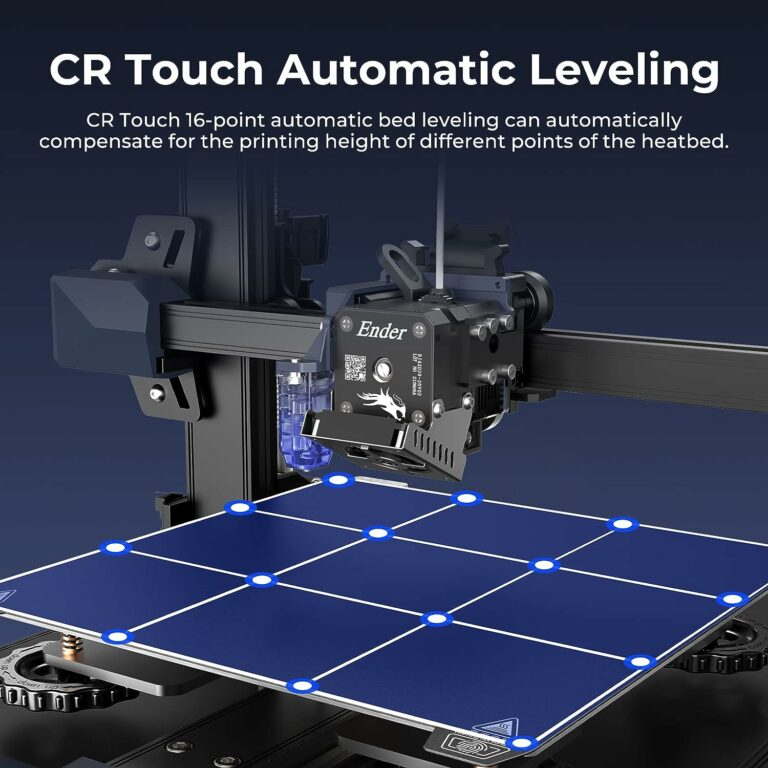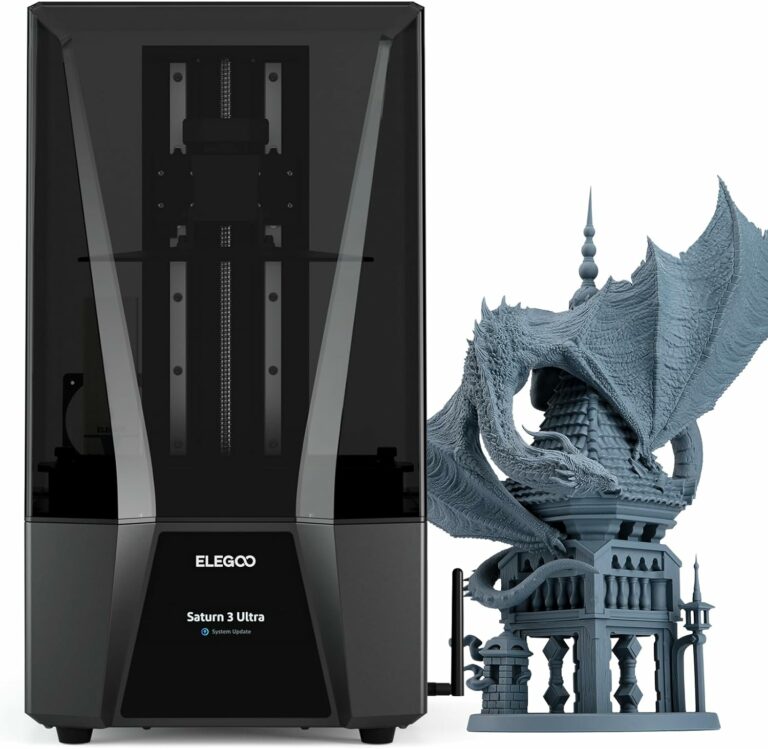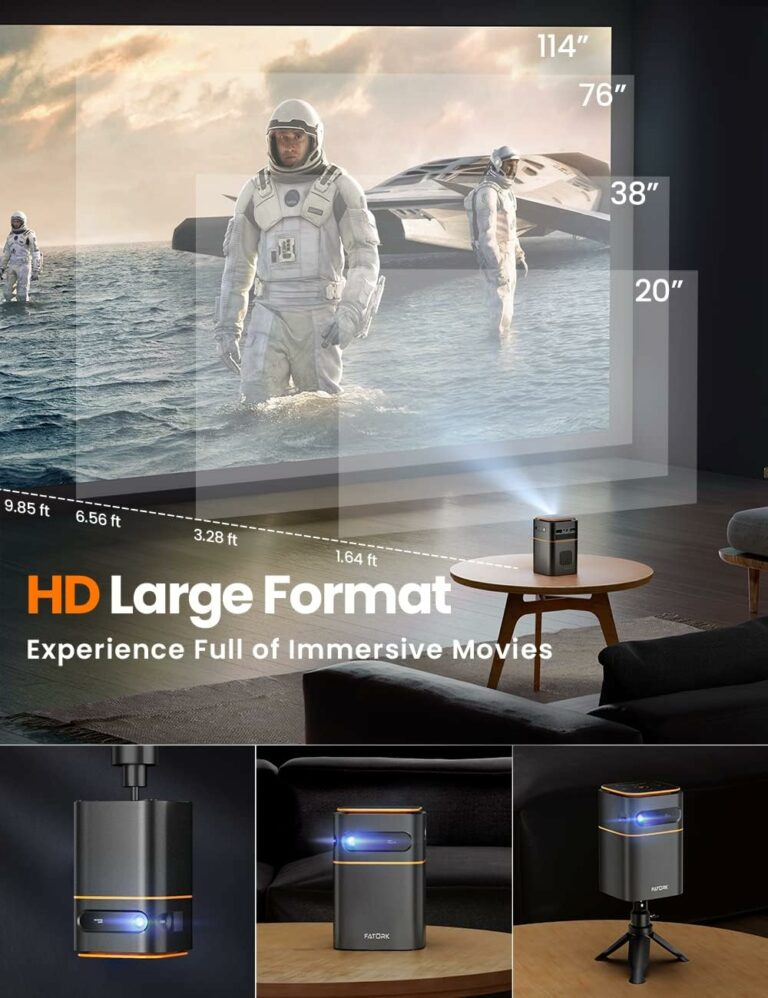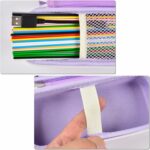Are you on a quest to find the perfect fitness tracker to meet your health and fitness goals? Look no further! In this comprehensive guide, we will take you through the essential factors to consider when choosing the right fitness tracker for your needs. From tracking capabilities to design and battery life, we’ve got you covered. Don’t waste another minute scrolling through countless options – let us help you make an informed decision and find the perfect fitness tracker that will become your ultimate workout companion.
1. Consider Your Fitness Goals
Understand your specific fitness goals
Before diving into the world of fitness trackers, it’s important to have a clear understanding of your specific fitness goals. Are you aiming to lose weight, increase your endurance, or simply track your daily activity levels? By determining your goals, you can better select a fitness tracker that aligns with your aspirations.
Decide on the activities you want to track
Fitness trackers come with various features designed to track different activities. Some trackers specialize in monitoring running, while others focus on swimming or cycling. Consider the activities you enjoy or plan to engage in regularly and ensure that the tracker you choose supports those activities.
Determine the level of detail you require
Different fitness trackers offer varying levels of detail when it comes to tracking your fitness data. Some provide basic information like steps and distance, while others offer in-depth insights into heart rate, sleep patterns, and even stress levels. Reflect on the level of detail that would be most beneficial for you in pursuing your fitness goals.
2. Assess Your Budget
Set a budget for your fitness tracker
Fitness trackers come in a wide range of prices, so it’s important to establish a budget before beginning your search. Consider how much you are willing to invest in a fitness tracker and keep in mind that higher-priced options may offer more advanced features.
Consider the long-term costs
While the initial cost of a fitness tracker is important to consider, it’s also essential to take into account potential long-term costs. Some fitness trackers require subscription fees for access to premium features or additional data analysis. Take the time to evaluate these potential expenses and ensure they align with your budget and expectations.
Explore different price ranges
Don’t limit yourself to a specific price range when searching for a fitness tracker. Take the time to explore a variety of options across different price points. You may find that a more affordable tracker suits your needs just as well as a higher-priced one.
![]()
3. Understand the Features
Track your steps and distance
One of the most basic features of any fitness tracker is the ability to accurately track your steps and distance covered. Make sure the tracker you’re considering has reliable step and distance tracking capabilities.
Monitor your heart rate and sleep
Heart rate monitoring is a popular feature among fitness trackers as it provides valuable insights into your cardiovascular fitness and overall health. Look for a tracker that offers continuous heart rate monitoring throughout the day. Sleep tracking is also a useful feature, allowing you to monitor the quality and duration of your sleep.
Evaluate waterproof capabilities
If you plan on using your fitness tracker during water-related activities, such as swimming or kayaking, it’s crucial to choose a tracker with waterproof capabilities. Look for a tracker that has a high water resistance rating, ensuring it can withstand being submerged in water without getting damaged.
Assess GPS and navigation features
For outdoor activities, GPS and navigation features can be extremely useful. These features allow you to accurately track your route and distance during activities like cycling or running. Consider whether GPS capabilities are important to you and choose a fitness tracker that includes this feature if necessary.
4. Consider the Design
Choose between a wristband or clip-on design
Fitness trackers are available in two main forms: wristbands and clip-on models. Wristbands are worn on your wrist like a watch, providing easy access to your fitness data throughout the day. Clip-on models, on the other hand, can be attached to your clothing or worn on a necklace. Consider your personal preference and comfort when choosing between the two.
Consider the display size and readability
The display size and readability of a fitness tracker are important factors to consider, especially if you want to easily view your data at a glance. Some trackers have larger, color displays, while others have smaller, monochrome screens. Think about your needs and preferences regarding screen size and make sure it aligns with the readability you desire.
Evaluate the comfort and fit
Since you’ll be wearing your fitness tracker for extended periods, it’s crucial to choose one that is comfortable and fits well. Evaluating the wristband’s material, adjustability, and overall feel can help ensure a comfortable experience. Consider trying on the fitness trackers you’re interested in or reading customer reviews for insights on comfort.
![]()
5. Analyze the Battery Life
Assess the battery life expectancy
The battery life of a fitness tracker can significantly impact its usability. Some trackers last a few days on a single charge, while others can go for weeks without needing to be recharged. Think about how frequently you’re willing to charge your device and choose a tracker with a battery life that suits your lifestyle.
Consider the charging time and method
Alongside battery life, consider the charging time and method of the tracker you’re considering. Some trackers have removable charging cables, while others require a specialized charging dock. Evaluate whether the charging method is convenient for you and if the charging time fits into your routine.
6. Assess Compatibility and Syncing
Check compatibility with your smartphone and operating system
Before making a purchase, ensure that the fitness tracker you’re interested in is compatible with your smartphone and operating system. Check the device’s specifications and recommendations to see if it will seamlessly sync with your phone and allow you to access your fitness data easily.
Evaluate the syncing capabilities and ease of use
Once you confirm compatibility, consider the syncing capabilities and ease of use of the fitness tracker’s accompanying app. Look for an app that is user-friendly and provides clear instructions for syncing your data. It’s important to choose a tracker that syncs smoothly with your phone and app of choice to ensure a hassle-free experience.
![]()
7. Research the Brand Reputation
Look for trusted and established brands
When investing in a fitness tracker, it’s wise to consider brands with a trusted reputation in the market. Established brands often have a track record of producing reliable and high-quality products. Research different brands and read customer reviews to get an idea of their reputation before making your decision.
Read reviews and customer feedback
To gain further insights into the performance and user experience of a specific fitness tracker, read reviews and customer feedback. This can provide valuable information about the accuracy of the tracker’s measurements, its durability, and any potential issues or limitations. Take the time to explore different sources for a well-rounded understanding of the tracker you’re interested in.
8. Consider Additional Health Features
Evaluate the availability of heart rate variability tracking
Heart rate variability (HRV) tracking is a feature that provides insights into your body’s stress levels and recovery abilities. Some fitness trackers offer HRV tracking, which can be useful in monitoring your overall well-being and optimizing your training or recovery routines. Consider whether HRV tracking is important to you and choose a tracker that includes this feature if desired.
Assess stress and recovery monitoring
In addition to HRV tracking, some fitness trackers offer stress and recovery monitoring. These features provide valuable insights into your body’s response to physical and mental stress, helping you make informed decisions about your training and recovery strategies. Consider whether stress and recovery monitoring would be beneficial for your fitness journey.
Consider the availability of guided workouts
Guided workouts are an additional health feature that some fitness trackers provide. These can include pre-programmed workouts or personalized coaching sessions that guide you through different exercises. If you prefer structure and guidance in your fitness routine, look for a fitness tracker that offers guided workout options.
9. Compare User Interface and App
Evaluate the user-friendliness and intuitiveness of the app
The user interface and app of a fitness tracker play a significant role in your overall experience. Choose a fitness tracker with an app that is intuitive, easy to navigate, and visually appealing. Consider whether the app’s layout and design are user-friendly and if it provides a seamless experience for accessing and analyzing your fitness data.
Consider the availability of data analytics and insights
Data analytics and insights are essential for tracking your progress and making informed decisions about your fitness journey. Look for a fitness tracker that offers comprehensive data analysis and provides meaningful insights based on your activity levels, sleep patterns, and other tracked metrics. The availability of detailed analytics can greatly enhance your overall experience and help you reach your fitness goals.
Assess the customization options
Some fitness trackers allow you to customize the app’s interface or the displayed data fields to tailor your experience to your specific needs. Consider whether customization options are important to you and choose a tracker that offers this flexibility.
10. Seek Recommendations and Personal Experiences
Ask friends, family, and fitness enthusiasts for recommendations
When choosing a fitness tracker, don’t underestimate the power of personal recommendations. Reach out to friends, family, and fitness enthusiasts in your circle to get their insights and experiences with different trackers. They may be able to provide valuable advice or recommend a specific tracker that aligns with your needs.
Read personal experiences and user stories on online forums and communities
In addition to personal recommendations, reading personal experiences and user stories online can provide a broader range of perspectives. Explore online forums and communities dedicated to fitness or technology to learn from others who have already taken the plunge into the world of fitness trackers. Their firsthand accounts can provide valuable insights and help inform your decision.
In conclusion, choosing the right fitness tracker requires careful consideration of your goals, budget, desired features, design preferences, compatibility, and user experience. By following this comprehensive guide and taking the time to evaluate each aspect, you can find a fitness tracker that seamlessly integrates into your fitness journey and enhances your overall well-being. Happy tracking!







